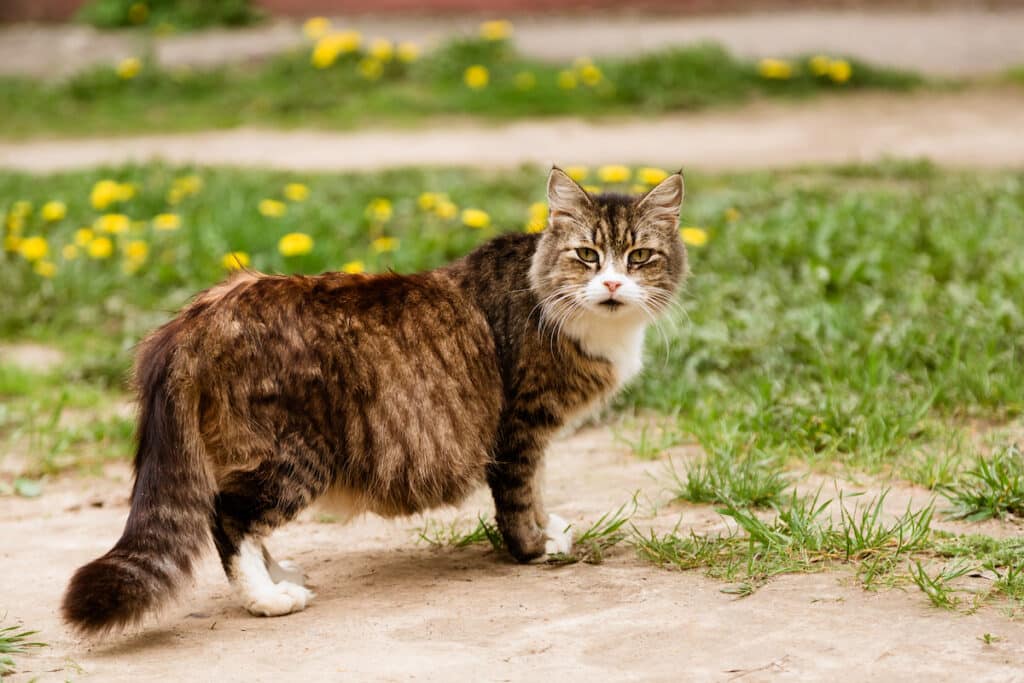If you are not an expert cat breeder, you might have concerns about a cat’s ability to become pregnant and give birth. Like humans, cats grow and are born alive in the mother’s womb. Every cat’s pregnancy is unique, however many cats show typical signs before giving birth. Unrest, diarrhea, and the discharge of amniotic fluid—commonly referred to as “a cat’s water breaking”—are a few of these signs.
Pregnancy in Cats
Cats typically go through a 63 to 65-day gestation period, but some pregnancies may end up lasting barely 60 or even 70 days. After the 17th day of pregnancy, a veterinarian may typically confirm the pregnancy. The veterinarian will feel for the kittens and palpate the abdomen. You run the risk of accidentally causing a miscarriage if you do this at home. Pregnant cats can feel morning sickness, much as pregnant humans. It’s likely that this symptom won’t appear until after the third week of pregnancy.
Water Breaking
While the mother’s water usually breaks before giving birth to a human child, this does not always occur with cats. Kittens grow inside of separate sacs of amniotic fluid in the womb. These sacs frequently do not rupture before birth, but occasionally they do. If your cat’s water breaks, it will probably do so just as she is about to start giving birth. When your cat’s water breaks and it has been several hours, you should probably call a vet since one of the kittens may be blocked in the delivery canal.
Stages of Labor
Cats go through two phases of labor during pregnancy. The pregnant cat will start constructing a nest during the first stage by kneading or altering the location where she plans to give birth to her babies. Along with these symptoms, the cat could also have rapid breathing, an elevated heart rate, and nappy discharge. Normally, the initial phase of labor lasts between 12 and 24 hours. The second stage could include vocalization, vocal straining, and fluid near the genitalia. Within 15 minutes after a kitten’s snout is seen in the delivery canal, it should be completely delivered.
Cat pregnancy tips
Your cat will start preparing a nesting location as the gestation period draws to a close. You should put your cat a box with newspaper or an old blanket inside it for childbirth. Give your pregnant cat a nutritious food that is rich in calcium and protein. Due to the high concentration of essential nutrients in kitten food, some veterinarians advise feeding pregnant cats kitten food. Contact your veterinarian right away if your pregnant cat stops eating for more than 24 hours, is lethargic, or suddenly develops a temperature.














